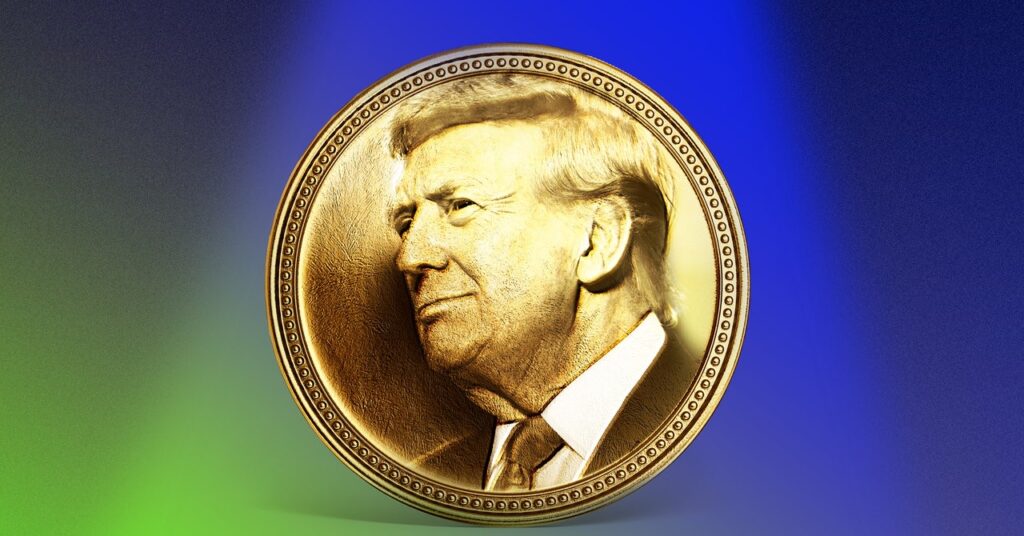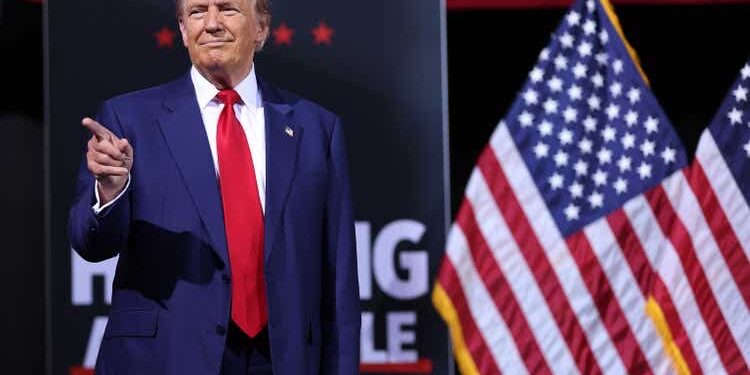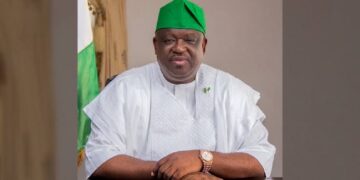Former U.S. President Donald Trump on Monday unveiled a new cryptocurrency platform in collaboration with his sons and other entrepreneurs.
Details of the Trump family’s crypto initiative were scarce during a two-hour online presentation, aside from an offer to allow people to purchase digital “tokens” that would grant them voting rights in platform decisions.
The event proceeded as scheduled despite an alleged assassination attempt on Trump the previous day at his golf club in West Palm Beach, Florida.

The platform, named World Liberty Financial, aims to offer decentralized finance (DeFi) services, which eliminate the need for intermediaries like banks to handle transactions, according to the politically charged discussion.
Zachary Folkman and Chase Herro, both seasoned cryptocurrency entrepreneurs and key figures in the project, explained that the platform would focus on using “stablecoins,” which are tied to traditional currencies like the U.S. dollar. This makes them less vulnerable to the extreme volatility often seen in other digital currencies not linked to real-world assets.
Folkman noted that World Liberty Financial’s goal is to make cryptocurrencies more accessible to the general public by providing an easy-to-use platform.

Decentralized finance, or DeFi, operates on blockchain technology, which records transactions in a way that is transparent and theoretically tamper-proof.
The platform will allow users to lend and borrow cryptocurrencies, a service already offered by several other platforms, including Aave.
Donald Trump Jr. described the initiative as “the start of a financial revolution” during a live session streamed on X (formerly Twitter).
The project leaders announced that the tokens sold would grant users governance rights over the platform, with 63 percent of the tokens being offered to the public, 20 percent reserved for the founding team, and the remainder designated as rewards for users.
Although Trump had previously dismissed cryptocurrencies as a scam during his presidency, he has since shifted his stance, now positioning himself as a “pro-bitcoin president” should he be elected in November. This sets him in opposition to the Biden administration, which is viewed as supportive of regulating the cryptocurrency industry.
































